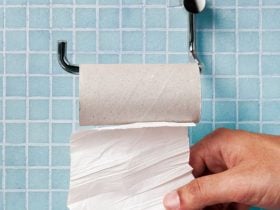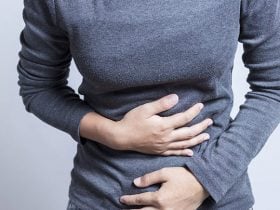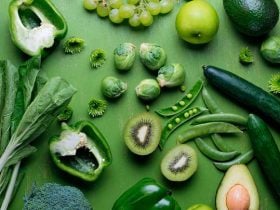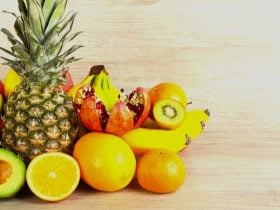Diverticulitis, also known as colonic diverticulitis, is the swelling or inflammation caused by an infection in the digestive tract. This is a digestive tract disease that causes small pouches, known as diverticula to form on the lining of your tract. [1] Common symptoms of diverticulosis include stomach or abdominal pain, high temperature, nausea or vomiting, and a change in bowel habits.
This condition can happen to any age group but is more common in people over the age of forty. [2] Men between forty to fifty years of age and women between fifty to seventy years old are at a higher risk of developing this condition.
Diverticulitis cannot be self-diagnosed, so you are expected to visit a qualified medical practitioner for a diagnosis. It is commonly diagnosed during an acute attack. Because the symptoms of this disease are common with several other diseases, your doctor will need to rule out other causes for your symptoms.
Typically, he will conduct a physical examination by applying pressure on your abdomen to check for tenderness, followed by a pelvic examination as well to rule out pelvic disease.
Other common tests during a diverticulitis diagnosis include:
- Blood and urine tests, to check for signs of infection in the bladder or other.
- A pregnancy test for women that are in the fertility years, to ensure that pregnancy isn’t the cause of abdominal pain.
- A liver enzyme test, to rule out liver-related causes of abdominal pain.
- A stool test, to rule out infection in people suffering from diarrhea.
- A computerized tomography (CT) scan to check for diverticula – swollen or inflamed pockets along the digestive tract lining. This examination is the most important to confirm a diagnosis of diverticulitis. It also helps indicate the severity of diverticulitis and the applicable treatment.
This condition can only be treated by a medical professional. It is usually short-term, that is, it resolves within days to weeks. Do not ignore symptoms of diverticulitis because it can lead to serious, life-threatening complications such as: [3]
- A tear or hole of the intestinal wall.
- Inflamed tissues filled with pus (abscess).
- A gastrointestinal fistula – causes the contents of your stomach or intestines to leak into other organs, causing an infection.
- Blockage or obstruction in the intestines.
More serious symptoms of this condition include
- The inability to keep food or liquids down after consumption.
- Stomach or abdominal pain that has become resistant to medication.
- Bloody stools or rectal bleeding.
- Burning body temperature (fever) and shakes.
You know it’s an emergency when you start to experience severe symptoms of this disease which includes:
- Frequent and excessive vomiting.
- High body temperature above 100°F (38°C).
- Rectal bleeding or bloody stools.
- Sudden and severe stomach ache.
- Bowel obstruction or blockage – inability or difficulty in passing stools.
Chronic complications like an obstruction, tear, or abscess usually requires emergency surgeries.
Antibiotics is a common treatment for this disease. [4] For uncomplicated diverticulitis, amoxicillin and metronidazole are common prescriptions if the patient can take oral therapy. If the doctor prescribes intravenous therapy, cefazolin, cefuroxime, or ceftriaxone, metronidazole, and ampicillin can be used. Symptoms usually improve within three days after commencing treatment but seven days is the sufficient time for diverticulitis treatment.
Over-the-counter medications can also help relieve abdominal pain, but nonsteroidal anti-inflammatory drugs (NSAIDs) aren’t ideal because they increase the risk of bleeding and other health complications.
Fiber supplements can also help improve symptoms like constipation and diarrhea. They help soften and add weight to your stool, making it easier to pass. Always speak to your doctor before commencing any treatment as fiber supplements can cause gastritis or bloating at the initial stage of using them.
Your doctor will advise bowel rest and that you maintain a liquid diet for a few days while your bowel heals.
Mild diverticulitis can sometimes improve on its own, but natural remedies can help improve symptoms and speed up the healing process.
Here are eight home remedies that have been proven to work for the treatment of diverticulitis: [5]
Liquid Diet
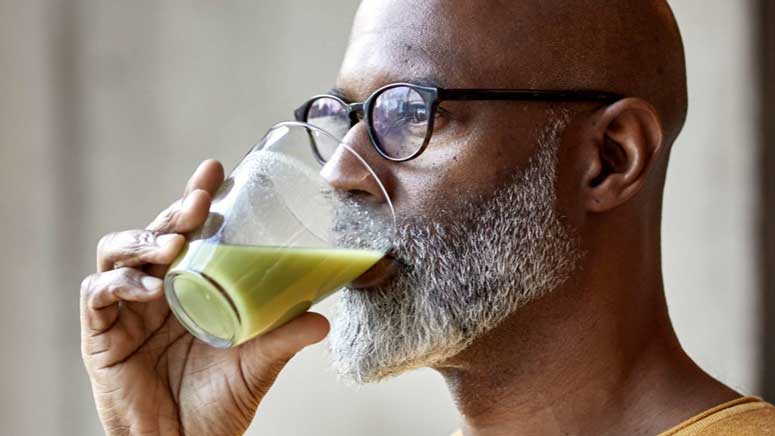
Sticking to a liquid diet means that you are surviving on water, teas, soups, and juices. For patients suffering from severe diverticulitis, doctors may recommend a liquid diet. Steer clear of solid or hard foods for a couple of days. And that will give your bowel time to rest and heal. A liquid diet is usually followed by a low fiber diet because you do not want to introduce regular foods immediately.
Here are some common foods that fit into the liquid diet:
- Bone broth
- Ice popsicles without pulp
- Gelatin
- Pulp-free fruit juices
- Water
- Coffee or tea without milk or cream


